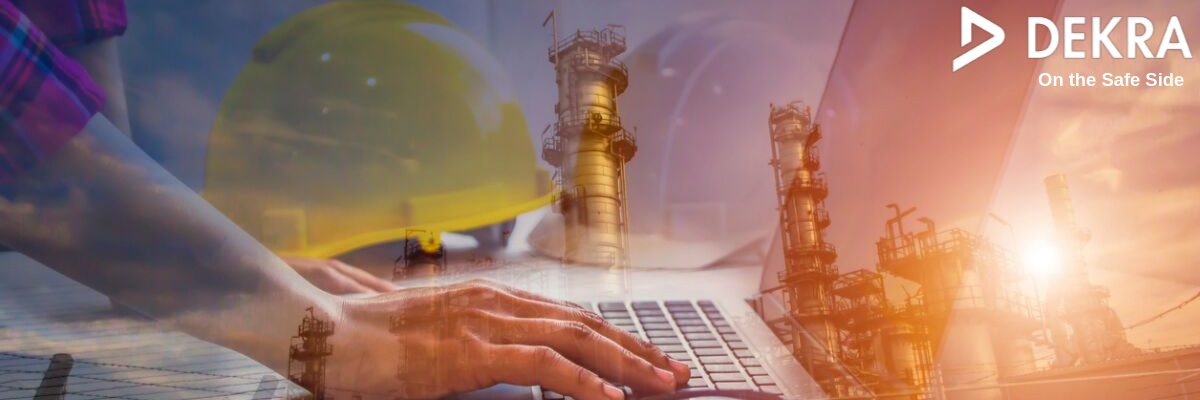Have you ever wondered how you as a leader or how your organizational systems are contributing to human error? Have you ever wondered why one of your best employees makes a serious mistake?
Safe decision making is crucial to your business. When the right decision is made, people go home safely. It’s imperative that leaders know how to get high-reliability performance every time. Fortunately, with scientific breakthroughs and new insights into how the brain functions, reducing human error is finally within the leader’s grasp.
A recent interview with David Musgrave, DEKRA’s leader of the Brain-Centric Reliability system, sheds light on how customized performance solutions based in applied neuroscience can foster strong performance reliability. Here’s a sample:
Do you think the human brain is the next frontier for workplace safety?
David Musgrave: Absolutely. It’s no secret that within workplace settings people want to know more about why individuals do the things that they do. And there have been lots of theories about that. People have ideas about what drives individuals to do the great things or maybe the not-so-great things that they do. Neuroscience reveals a lot about what motivates people, what compels them, and what is organically built within human beings that drives them day-to-day while they’re at work.
How does neuroscience help improve operational reliability?
DM: In order to get really good reliability out of human beings, we have to recognize where we’re likely to fall down and skin our knee. Or when it’s a safety-critical task, when we tend to get in trouble and what can we do about that.
Within our solutions we teach people different ways to address this. We look at the most safety-critical tasks and work with business leaders to design solutions that address specific needs. Solutions could be as simple as making sure that there's a crosscheck in place between two or three employees that are doing something really critical. We show them how to talk through it and verify with each other that they are actually executing each safety step thoroughly.
How do organizations create operational reliability?
DM: When we look at some of the major disasters that have happened over the world. Well, those people were well-trained, and they would say they knew what to do. But, then, in some cases, they didn't actually do what they were meant to do. They veered away from what was agreed to or what the SOP was. These are good people. They're not doing this maliciously. They really do think that they've done the right thing, but there's really not been any checks or balances to ensure that's the case. So, there's a good batch of things we can put in place. It just takes a little bit of effort and commitment by the organization to say, “You know, we can be better. Let's guard against some human-centered hazards that stem from the natural state, the natural functioning, of the brain.”

